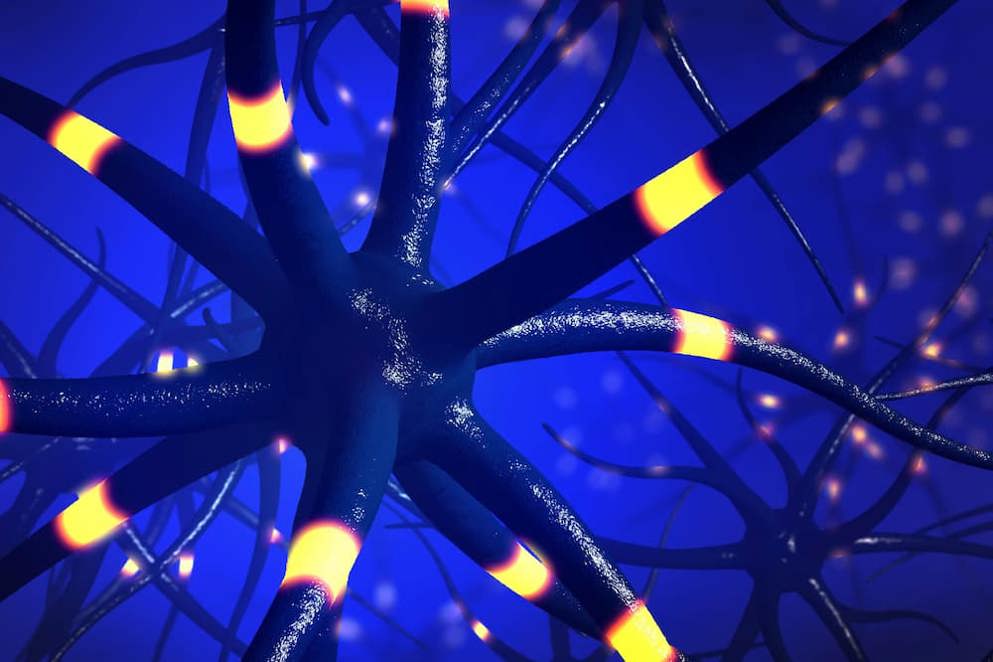Phase IV MS-MRIUS study shows effectiveness of Gilenya (fingolimod) in four key measures of MS disease activity.- Novartis
Novartis has announced data from the Phase IV Multiple Sclerosis and clinical outcome and MRI in the US (MS-MRIUS) study, which confirmed the effectiveness of Gilenya (fingolimod) in the real-world setting, supporting previous findings from Phase III trials. Results show that Gilenya impacted four key measures of MS disease activity (relapses, MRI lesions, disability progression and brain shrinkage), in people with relapsing-remitting multiple sclerosis (RRMS) for up to 16 months. This is also the first time a multicenter study has evaluated and shown that routine magnetic resonance imaging (MRI) scans taken in the every-day clinical setting can reliably be used to measure brain shrinkage, a key measure of disease progression, in people with RRMS. Full results are presented at the 69th American Academy of Neurology (AAN) Annual Meeting, in Boston, Massachusetts, USA.
The MS-MRIUS study is a multicenter (33 centers), retrospective, real-world study of 590 people with RRMS receiving Gilenya treatment. At median follow-up of 16 months, 85.8% of individuals treated with Gilenya remained on treatment. Of individuals eligible for NEDA-3 assessment (no relapses, no new or enlarged MRI lesions and no disability progression combined, n=586), 59.6% achieved NEDA-3 status. Of those eligible for NEDA-4 assessment (NEDA-3 plus no brain shrinkage (brain volume loss), n= 325), more than a third (37.5%) achieved NEDA-4 status. The study showed that among the NEDA-4 patients, 86.5% treated with Gilenya had no relapses, 91.1% experienced no disability progression and 79.7% had no new or enlarged MRI lesions. In addition, 58.2% of patients had no MS-related brain shrinkage over 0.4%, which is broadly within the range one would expect to see in people without MS.The data showed for the first time that MRI scans with techniques readily available in clinical practice (FLAIR - fluid attenuation inversion recovery MRI), was a reliable method for measuring brain shrinkage in more than 95% of people included in the study. Results from the MS-MRIUS study confirm the importance of addressing the four key measures of MS disease activity - relapses, MRI lesions, disability progression and brain shrinkage - through early and effective treatment to impact the course of RRMS and preserve patients' physical and cognitive function over the long-term.
See-Weinstock-Guttman B et al." Assessing no evidence of disease activity status in patients with relapsing-remitting multiple sclerosis receiving fingolimod: results from a longitudinal, multicenter, real-world study". Poster presented at the 69th American Academy of Neurology Annual Meeting; April 22-28, Boston, Massachusetts, USA. Poster 388..

